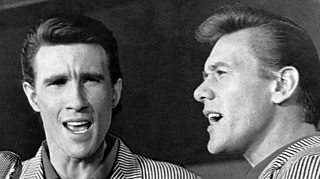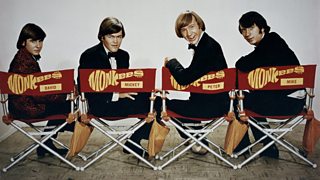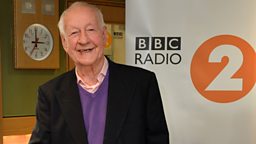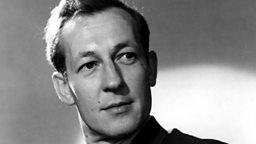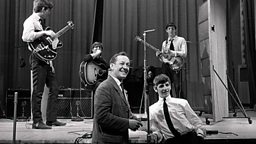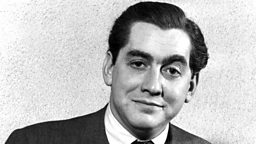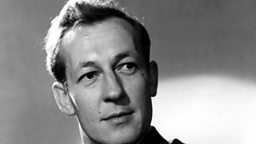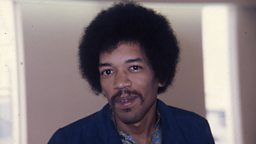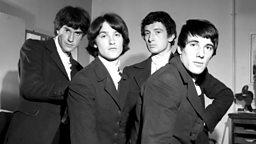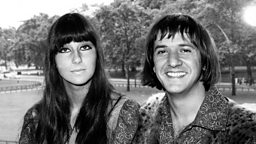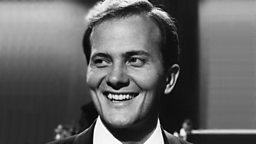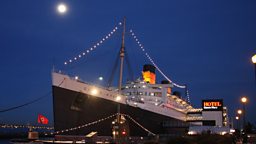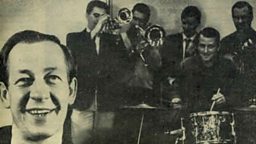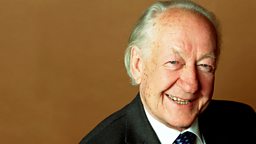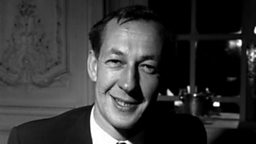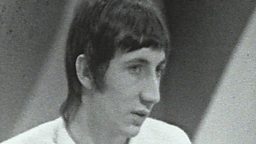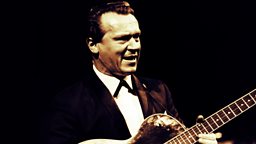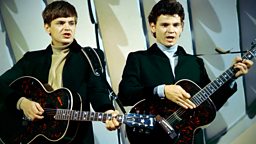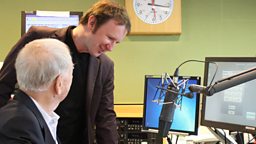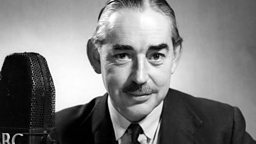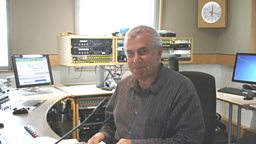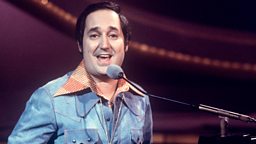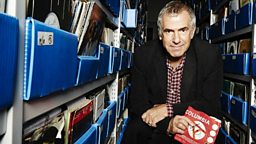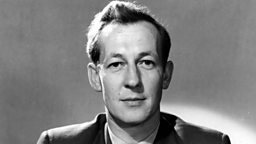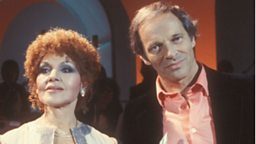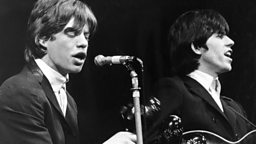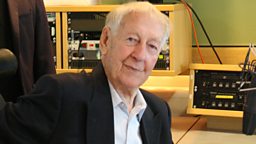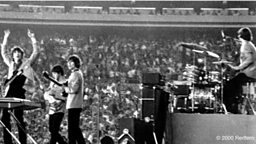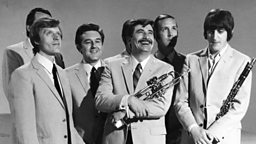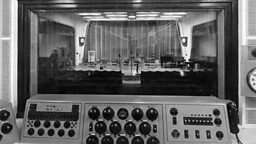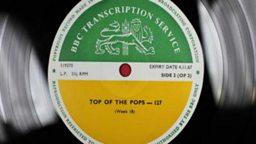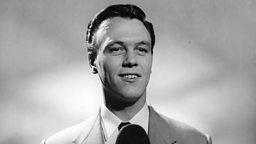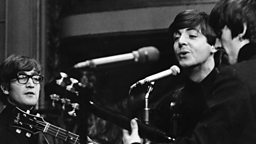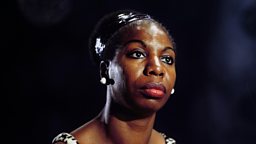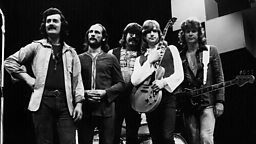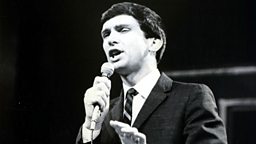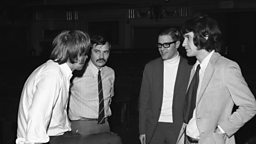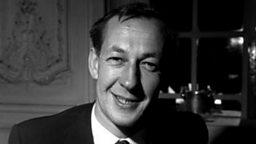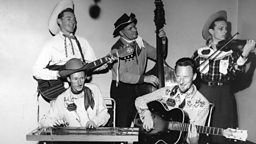Brian Matthew reporting from Holland
Brian chats to musician and journalist Bob Stanley, about his early broadcasting career.
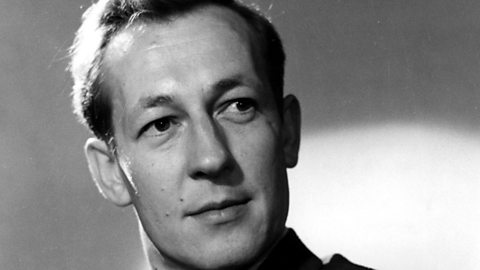
Brain Matthew reporting for Radio Nederland Wereldomroep in 1953
Brian reports on the tragedy of the North Sea floods that claimed thousands of lives.
Brians break in broadcasting came after he'd left RADA and was a working actor. Brian and his young wife Pamela lived with his mother and father in Coventry in the early fifties. When touring jobs with theatre groups dried up he tried to get a job at Jaguar, then worked as a milkman, before ending up at one of those unusual, exotic names you used to see on the radio dial - Hilversum.
We were there during the time of the enormous flood in 1953, large areas in a terrible state, loads of people killed...- Brian Matthew
"When seriously out of work in 1952, that was when I dug out an address by someone I'd been given along the way about an English service in Dutch radio.. I called and he said 'Please go along to HMV on Oxford Street and record an audition, we want you to read a news bulletin. HMV will send us the disc, we've got an arrangement with them'. So I did, and we lived there, in Hilversum for two years. It was the centre for all Dutch radio.
"It was a funny old set-up. They had four or five people, usually a couple of Americans, a Canadian, a couple of English people to do a forty minute transmission three times a day of interviews, commentaries, all manner of things - actually, the idea was to sell Holland abroad on short wave radio.
"Dutch radio was split up by five main companies, either religious or run by newspapers. So in effect you had a catholic station, a Conservative station, a Labour one, and a non-conformist one... I don't know what the fifth was. And they all had their own buildings around Hilversum. We had our own set-up in an old house, quite near to the others but not connected. Offices in one house, studios in another.
"We were there during the time of the enormous flood in 1953, large areas in a terrible state, loads of people killed. The American army came in. They gradually rebuilt the dykes, and came the time they were going to fill in the last block, it was quite a historic event. I was covering it so I learned everything I could about how it had been done. Needless to say I was repeating myself, but they put a copy of the recording in their archives."
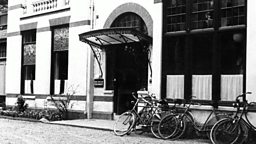
-
![]()
The duo were less than impressed with Cilla Black's version of their song...
-
![]()
Discover the stories behind the songs of the 60s
